Keywords are important to helping search engines understand the meaning of websites and content. And, it’s important to note that search engine algorithms continue to change. Improper keyword usage can even result in website penalties by search engines.
To overcome this hurdle, write for the audience first. Think about the target customer and the need they have that the business can fill. Keep in mind that voice search is the way many people search for what they are looking for. Once the article is composed, then look at keywords.
There are many choices for the use of keyword tools for your business. Below are few of our favorite options to consider. Some are more complex than others and usage will depend on needs of the user.
Wordtracker (Beginner – Paid starting at $27)
Basic competitive Keyword analysis with up to three free searches.
Great tool for generating ideas for blog posts and PPC campaigns. Search results give you the Keyword phrase and loads more Keyword phrases. A search for “Best Coffee” returned close to 350 keyword phrases.
SpyFu (Beginner Free: Paid starts at $79)
Excellent competitive research tool. Type in a competitors domain to see a monthly domain overview, organic and paid search results. Includes top competitors, competitor keywords, organic ranking history , adwords and backlinks.
Google Trends (Beginner to Advanced Free & Unlimited Access)
Google has now provided the ability to explore trends in real time. Find topics and explore stories from over 28 countries as they happen in Search, YouTube, Google News and across the web.
Google Keyword Planner (Beginner to Advanced: Free & Unlimited Access)
Search for keyword ideas, create keyword phrases and see how keywords might perform in the future. Easy to use, just enter a phrase website or category to generate. Multiply keywords to get new ideas for a post. Bonus: Google provides great easy to understand tips here: How To Use Keyword Planner.
SEM Rush (Advanced – Paid starting at $69)
Excellent tool for marketing professionals looking for competitive data. Keyword research provides live updates on organic search, paid search, CPC trends.
The competitive research feature is the biggest asset of this tool. Find insights to competitors display advertising, organic and paid search and link building.
Beyond keyword research, the tool provides deep web and SEO analysis tools.
Don’t forget about the social stream and hashtags, also. Twitter and Google Plus feature trends based on Hashtags.
To learn more about Keyword research and how search engines work these articles are well written by industry experts:
Moz Blog – Why You Can’t Do Keyword Research Like It’s 2010 by Rand Fishkin
Keyword Research Revealed: How To Find Keywords for SEO by The Content Factory
Understanding The Role Keywords Play in Marketing by Charlie Rose at Funnls


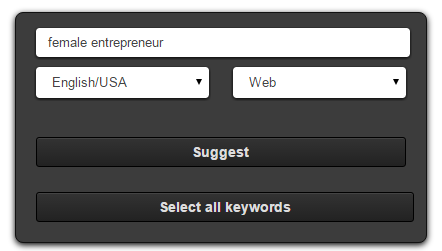

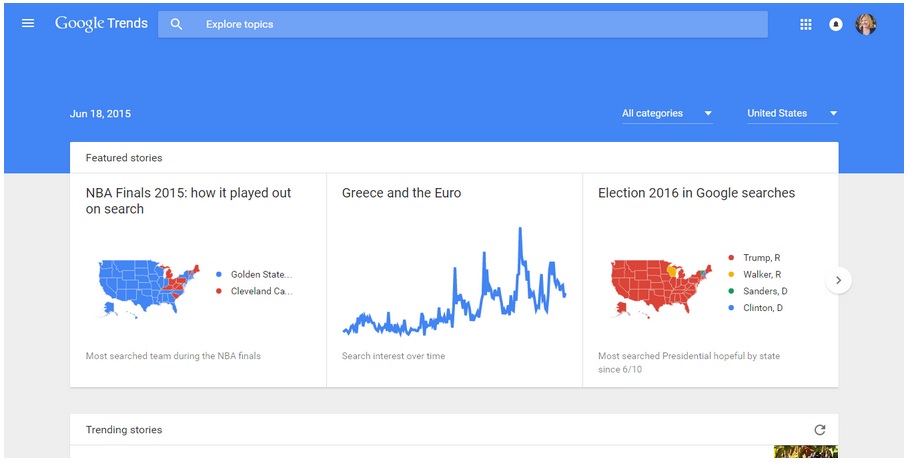
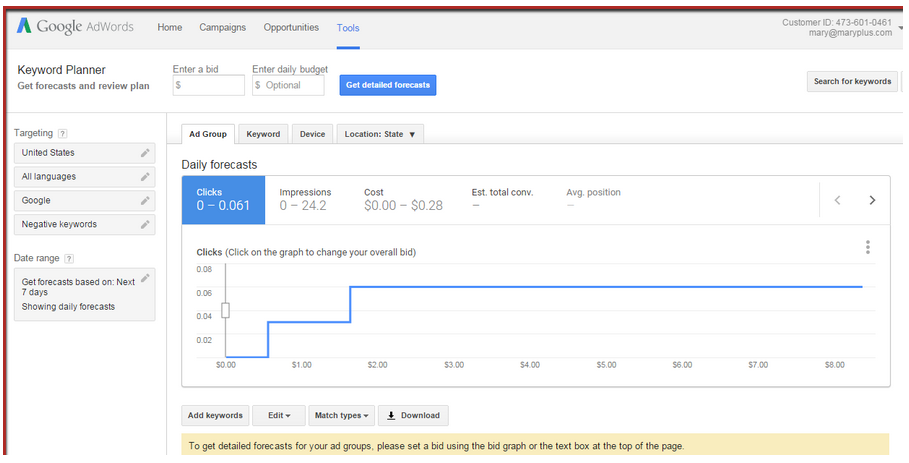
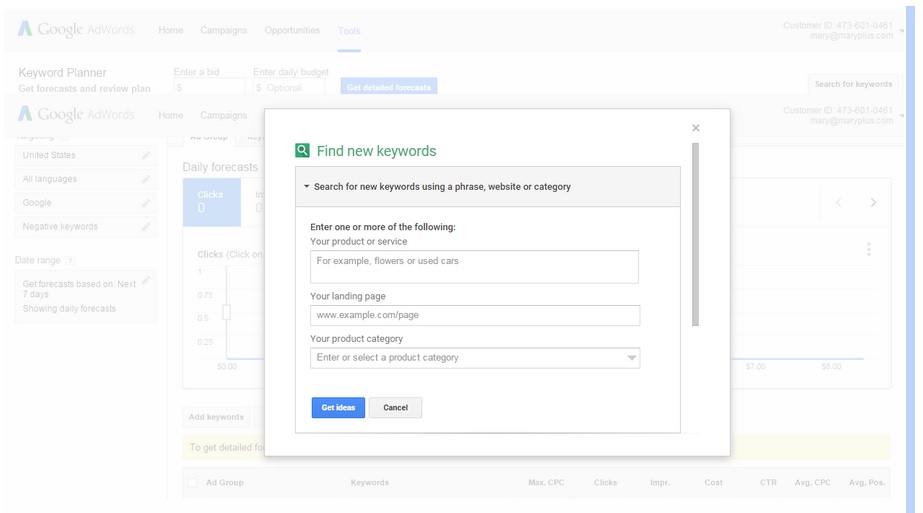
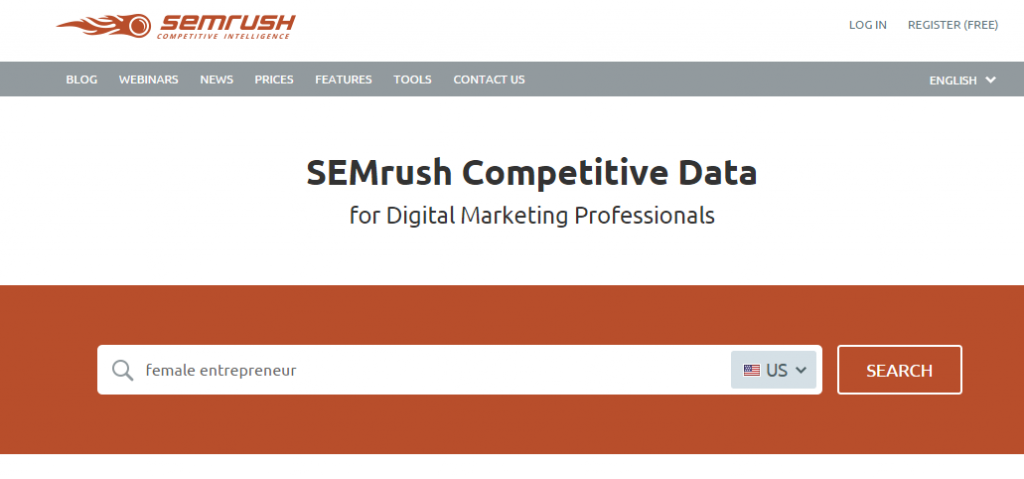





Thanks for linking to my article on Understanding Keywords! I’ve recently revised it and posted several other keyword specific articles on seomechanic.com.
Thanks again for linking! I’ll make sure to promote the article on social media.
Thank you for stopping by Charlie!